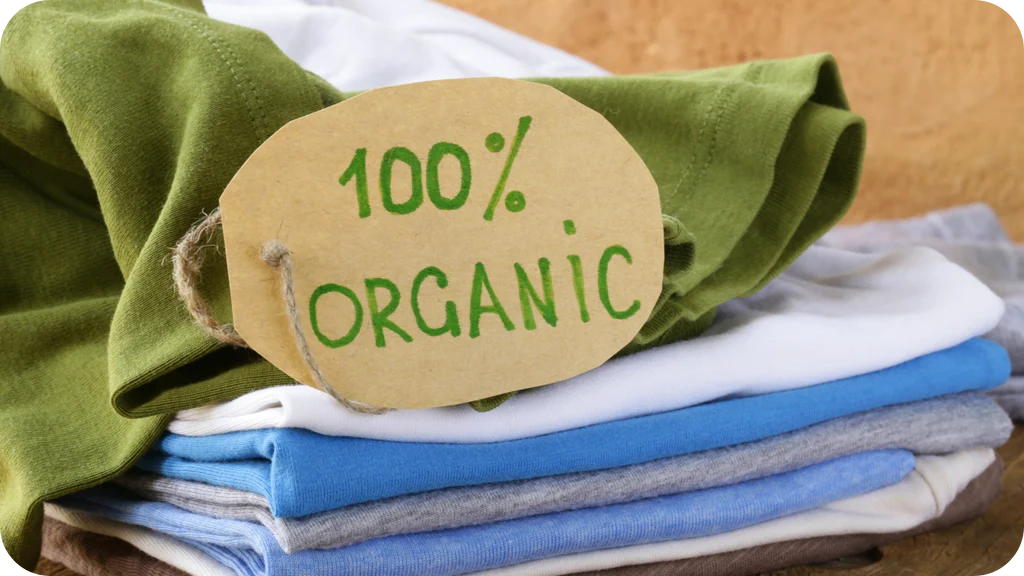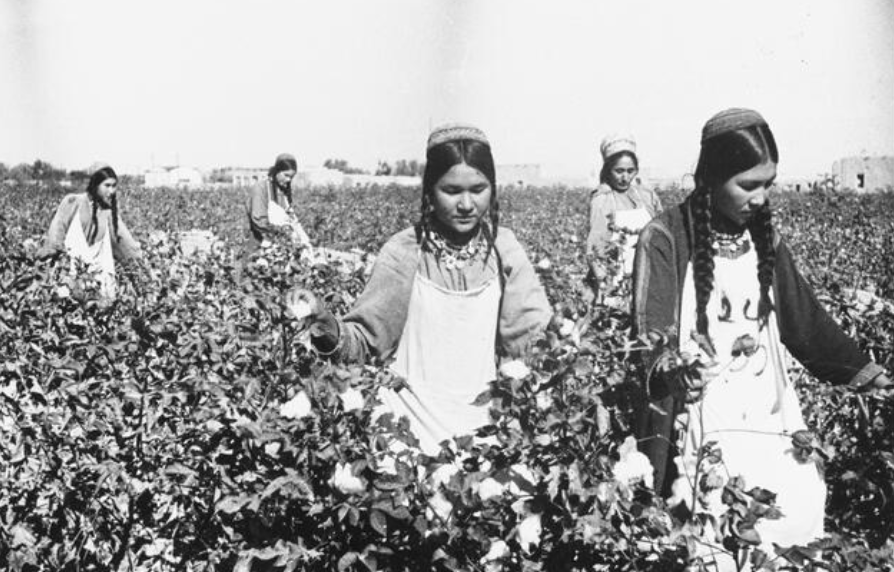In the ever-evolving landscape of fashion, the history of textiles often mirrors the values and concerns of society. One such material that has significantly influenced the clothing industry is polyester. Despite its dominance for decades, the origin of polyester from toxic substances and potential health risks has sparked a growing interest in sustainable alternatives, particularly in the domain of men's clothing. Join us on an in-depth exploration of the story of polyester, its environmental and health implications, and the compelling reasons why choosing organic underwear and t-shirts isn't just a fashion statement but a conscientious decision for a healthier lifestyle.
The Rise of Polyester: Polyester was invented in the mid-1930s by W.H. Carothers along with his team while working at DuPont. However, this work was not further developed until 1941 when it was expanded upon and patented by a group of British scientists who created the first polyester fiber. DuPont ultimately purchased the rights to the patent and sold it under the brand names: Dacron® and, later, Mylar®. However, its roots in petroleum and the production process involving hazardous chemicals like ethylene glycol and dimethyl terephthalate contribute to environmental pollution.
Unlike other common fabrics including cotton and wool, polyester was born of scientific research – and it was marketed to reflect that. It was announced to the American public in 1951, and one of the selling points was the fact that it could be worn for 68 days straight without ironing or care and still look fresh. This appealed to women, who were the primary homemakers, and the fabric’s popularity soared. It continued to grow in popularity up until the 1960s, when things took a turn for the worse.
As time went on, those who took to polyester in the 50s and early 60s continued to revel in its convenience and cost. However, teens and college kids felt that double-knit polyester fabric felt cheap and uncomfortable, which eventually gave it a negative image. Despite efforts to breathe new life into its popularity, the 1970s brought the end of the polyester era and sales declined sharply. However, in the 1980s, a group of designers including big names like Calvin Klein and Oscar de la Renta decided to help create a line of products made of polyester and polyester blends. This helped shine new light on polyester, and its popularity started to improve once again.
The Toxic Trail: While polyester clothing has been a staple in many wardrobes, it comes with potential health risks. The fabric tends to trap heat and moisture, creating an ideal environment for bacteria to thrive. Furthermore, polyester fabrics may retain residual chemicals from the manufacturing process, posing a risk of skin irritation and allergic reactions.
The Organic Shift: As awareness regarding the environmental and health impacts of polyester grows, consumers are actively seeking healthier and more eco-friendly alternatives. Organic clothing, crafted from natural fibers such as organic cotton, bamboo, and hemp, has emerged as a sustainable choice. In particular, organic underwear and T-Shirts offer breathability, comfort, and a chemical-free option for the discerning and conscious consumer.
Why Choose Organic Men's Clothing:
-
Skin-Friendly Comfort: Organic fabrics are inherently breathable, hypoallergenic, and free from harmful chemicals, ensuring a gentle touch on the skin.
-
Eco-Conscious Fashion: Opting for organic clothing aligns with sustainable farming practices, reduces chemical pollution, and promotes ethical manufacturing processes.
-
Long-lasting Quality: While polyester may boast durability, organic clothing stands out for its enduring quality, guaranteeing a longer lifespan for your wardrobe staples.
The Intersection of Fashion and Ethics: The paradigm shift towards organic alternatives signifies a deeper connection between fashion and ethical consumerism. The conscious consumer is not merely buying a piece of clothing; they are investing in a lifestyle that prioritizes personal well-being, environmental sustainability, and social responsibility.
Navigating the Polyester Predicament: Polyester's dominance has been a complex journey, intertwined with industrial progress and consumer demand. However, as we become more informed about the consequences of this dominance, it's crucial to reevaluate our choices and seek out alternatives that align with our values.
Environmental Impact of Polyester Production: The production of polyester involves significant energy consumption and releases harmful greenhouse gases. The reliance on non-renewable resources, such as petroleum, raises concerns about resource depletion and contributes to the carbon footprint of the fashion industry. In contrast, organic fabrics like cotton and bamboo have a comparatively lower environmental impact, promoting a more sustainable approach to clothing production.
Health Considerations: Polyester's potential health risks stem from its synthetic nature and the use of chemicals in the manufacturing process. Skin irritation, allergies, and discomfort are common complaints associated with prolonged contact with polyester fabrics. Choosing organic clothing addresses these concerns, providing a healthier and more comfortable alternative for everyday wear.
The Case for Organic Underwear: Underwear, as the closest layer to the skin, plays a crucial role in comfort and well-being. Organic underwear made from natural fibers ensures breathability, moisture-wicking properties, and freedom from harmful chemicals to your exposed organs. By making the switch to organic underwear, men can prioritize their health while contributing to a more sustainable and ethical fashion landscape.
The Revolution in Men's T-Shirts: T-shirts, a wardrobe staple for men, are undergoing a revolution with the rise of organic alternatives. Organic cotton and bamboo t-shirts offer a soft, comfortable feel while promoting eco-friendly practices in farming and manufacturing. Choosing organic t-shirts isn't just a fashion choice; it's a step towards a more sustainable and ethical wardrobe.
Embracing Change with [Brand Name]: In the pursuit of a healthier and more sustainable lifestyle, [Brand Name] stands as a beacon of change. Our commitment to providing organic alternatives in men's clothing goes beyond fashion; it reflects our dedication to environmental responsibility and consumer well-being.
Explore the Opok Collection: Discover a range of organic underwear and t-shirts that redefine style without compromising on comfort or principles. Each piece in our collection is crafted with the environment and your well-being in mind, ensuring that you not only look good but feel good too.
Conclusion: As we bid adieu to the era of polyester dominance, it's time to embrace a new chapter in fashion—one that prioritizes health, sustainability, and conscious living. The journey from polyester to organic clothing is a transformative one, symbolizing a shift towards a more mindful and ethical approach to personal style.
Opok – Pioneering Organic Excellence in Men's Clothing.




Leave a comment
This site is protected by hCaptcha and the hCaptcha Privacy Policy and Terms of Service apply.